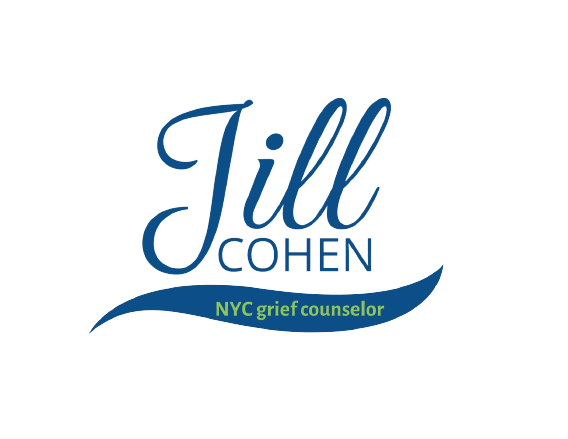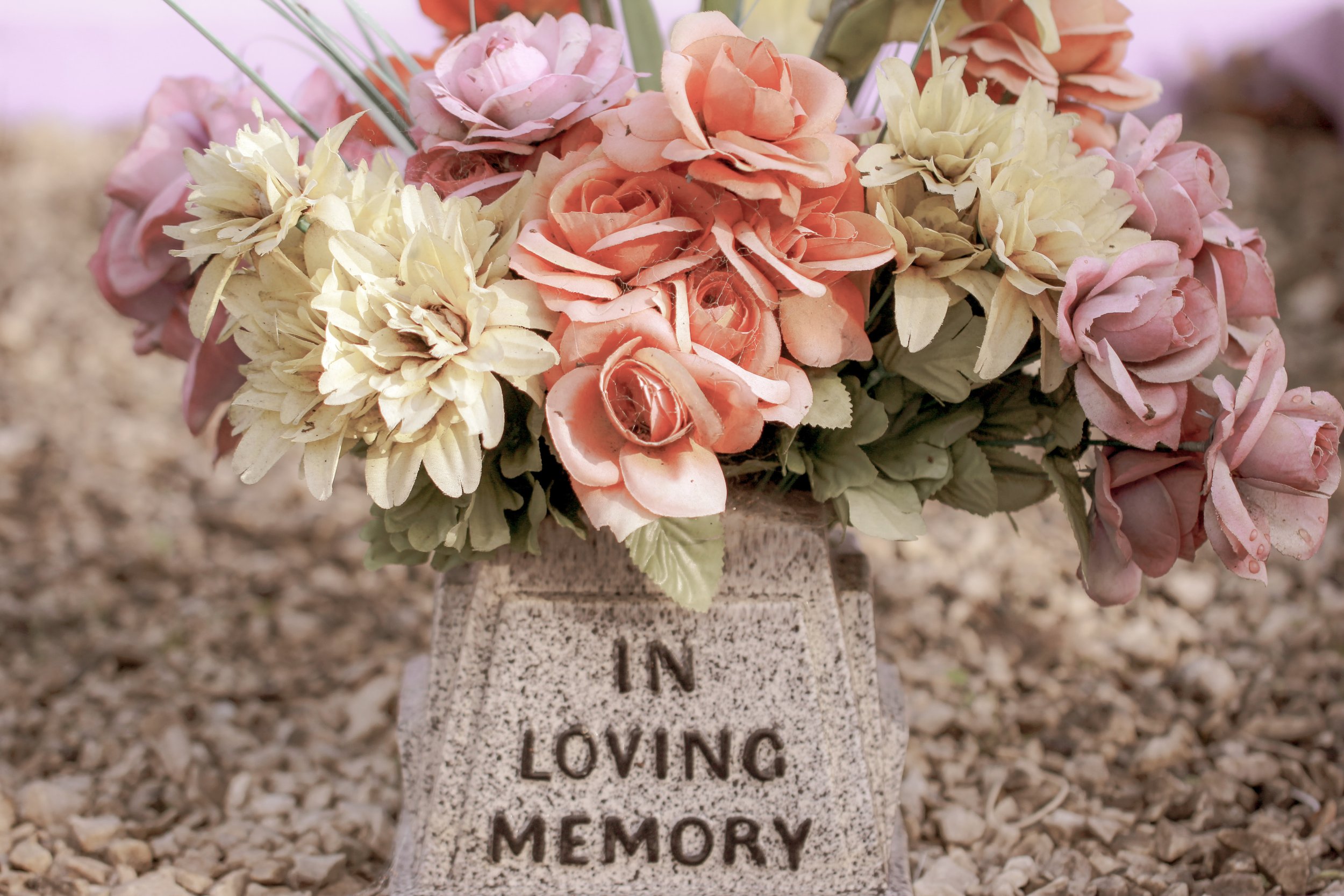The Stigma of Suicide: Why It’s One of The Hardest Deaths to Grieve
Photo by Nick Fewings on Unsplash
Suicide is a death like none other.
Survivors of suicide can often experience different emotions that are unique to this kind of loss. This kind of death brings about so many unbearable feelings and emotions for the survivors.
If you have a loved one who died by suicide, you may be confused, in disbelief, shocked, filled with self-blame, consumed by guilt, traumatized, overwhelmed, feeling rejected, embarrassed, ashamed, sad beyond measure, and raging with anger. And of course, the grief is heart-wrenching.
Why is death by suicide so unique and complicated for survivors to manage?
Suicide is an interpersonal act of “murder of oneself by oneself.” It is defined as death caused by self-directed injurious behavior with intent to die as a result of the behavior.
The emotional pain that belonged to the victim of suicide ends when he or she takes his or her own life. However, it continues and lives on (and sometimes never leaves) those behind who grieve the loss.
Suicide survivors should seek support. Society should stop the stigma of suicide.
Suicide Survivors Support
Nobody should have to grieve alone, especially after a death by suicide. And society should stop looking at suicide as a sin, or a weakness.
Suicide is the result of a disease or mental illness. Just as people die of cancer, auto accidents, heart attacks, and other causes, those who die by suicide have died due as a result of a mental illness, either depression or otherwise.
In many cases, it takes a grief counseling professional to help introduce healthy coping strategies to help suicide survivors begin their journey to healing and most of all, acceptance.
Support for those left behind
Harvard Health published an article that cited that survivors of suicide are less likely to use professional grief support than survivors of other kinds of death, despite the fact that suicide survivors generally have a very great need for professional grief support. It’s the stigma that often gets in the way. Click on the button below for the article.
Photo by Sandy Millar on Unsplash
Here are some healthy coping strategies to try to adopt during grief:
Being the survivor of a suicide can be physically and emotionally exhausting. As you grieve, remember to help protect yourself and take care of yourself as best as you can throughout the experience.
Reach Out for Support
Reach out to others for support. While working with a professional grief counselor is critical, it’s smart to let your friends help you and be present for you. You’ll need to be with the people who will listen to you and be a comforting presence.
Grieve in your own way
Grieve in your own way. GRIEF IS INDIVIDUAL. Do it in your own way and in your own timeframe too. Don’t compare your grief to the way others handle theirs. No two grievers are alike.
Expect to be Triggered
You will be triggered. Expect the unexpected in grief. Anniversaries, holidays, special occasions, or traditions will remind you of your loved one, even if the thought pops up randomly. That’s normal. Don’t be afraid when triggered by a memory. Try to invite it in.
Grief is Not Linear
Grief is not a linear process. It goes up, down and sideways. Don’t overanalyze each day’s grief.
Grief is like an ocean with waves of emotion. All you can do is ride the tide of each one, some lower, some higher. That’s the way it goes.
Importance of Seeking Support
Don’t underestimate the importance of seeking professional help. Unresolved grief can turn into complicated grief. That’s when painful emotions are so long-lasting and severe that you have trouble resuming your own life.
You may always wonder why the suicide happened. But the raw intensity of your grief will lessen. Then you will be able to start to heal and honor the memory of your loved one.
Suicide Statistics In the US
Click on this link to see some of the current statistics about suicide, provided by the CDC (Center for Disease Control).
Resources for suicide survivors
Below are some websites for suicide survivors, which may be helpful resources.
Alliance of Hope for Suicide Loss Survivors Alliance of Hope For Suicide Loss Survivors | Home
Suicide Awareness Voices for Education SAVE: Suicide Prevention, Information, and Awareness
Speaking of Suicide Speaking of Suicide - For suicidal individuals and their loved ones, survivors, mental health professionals, & others who care: Speaking of Suicide
Coping After Suicide (terrific support groups) Support Groups | Suicide Loss | Coping After Suicide
American Society for Suicide Prevention I've lost someone | AFSP
CDC suicide info Suicide Prevention | Suicide | CDC
As always, TOUGH TIMES CALL FOR GENTLE SUPPORT.
I can help you work through the loss of a loved one due to suicide.
There should not be a stigma. Don’t let the word “suicide” stop you from getting help in healing.
Click below to get your free consultation NOW!



